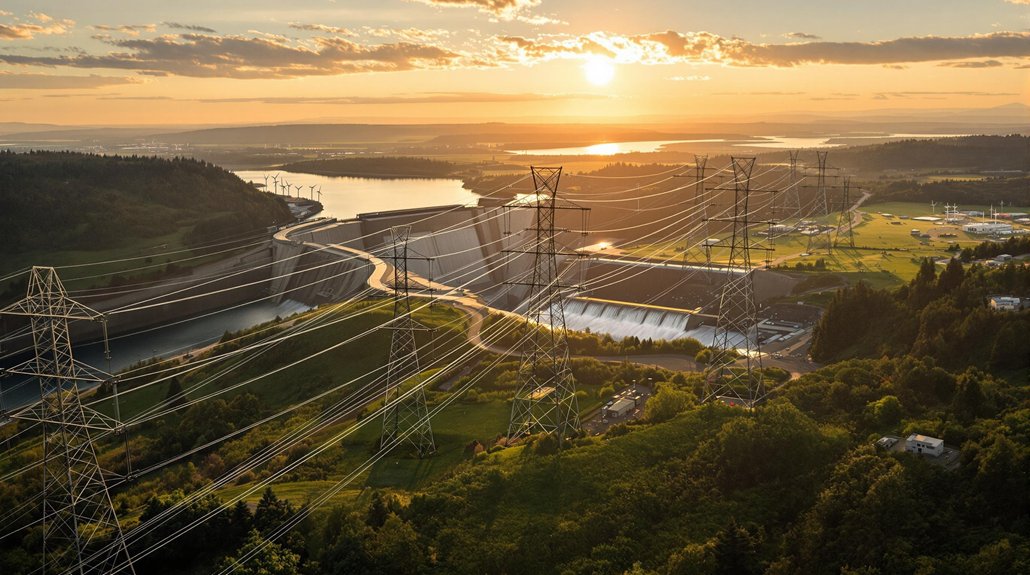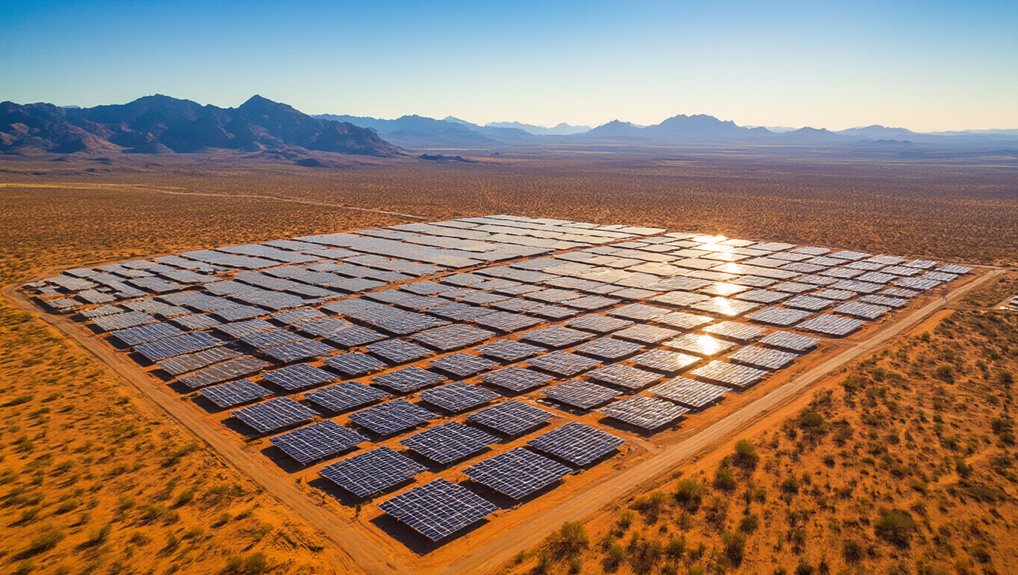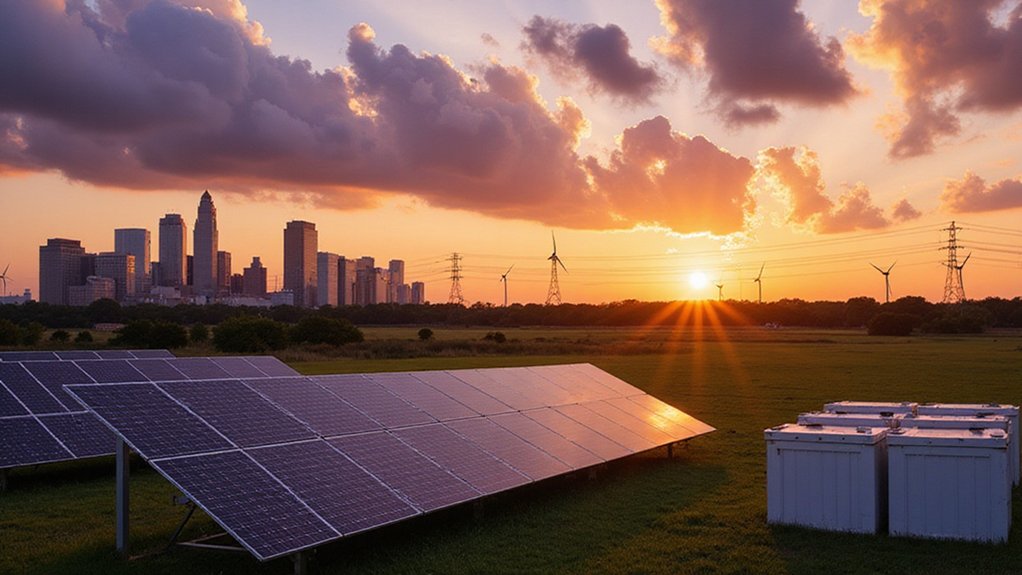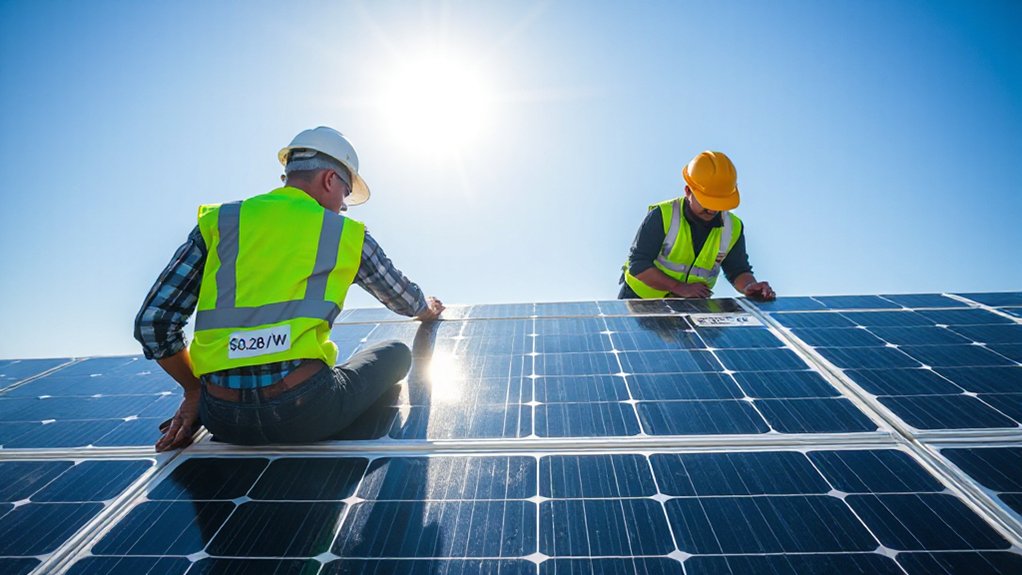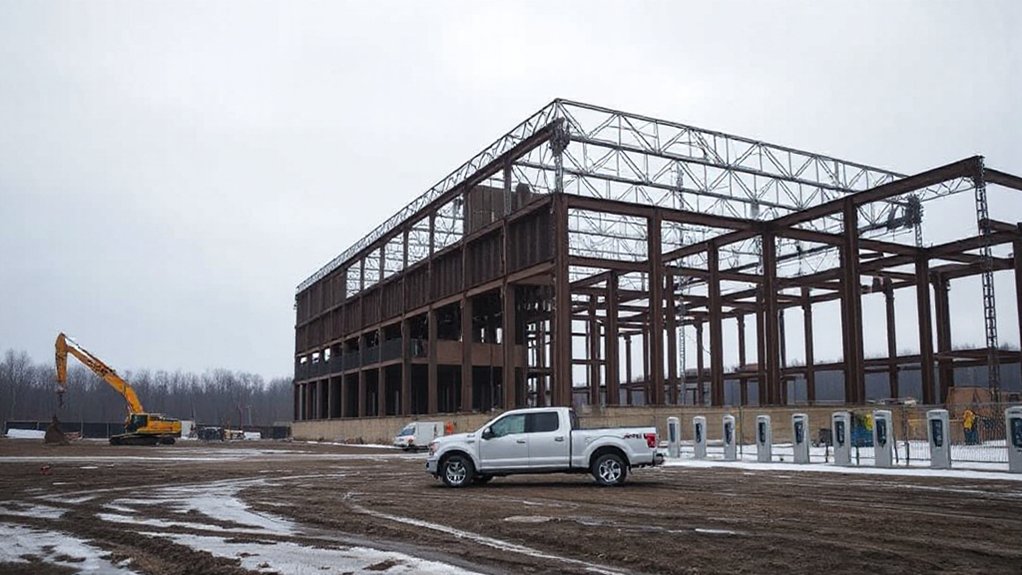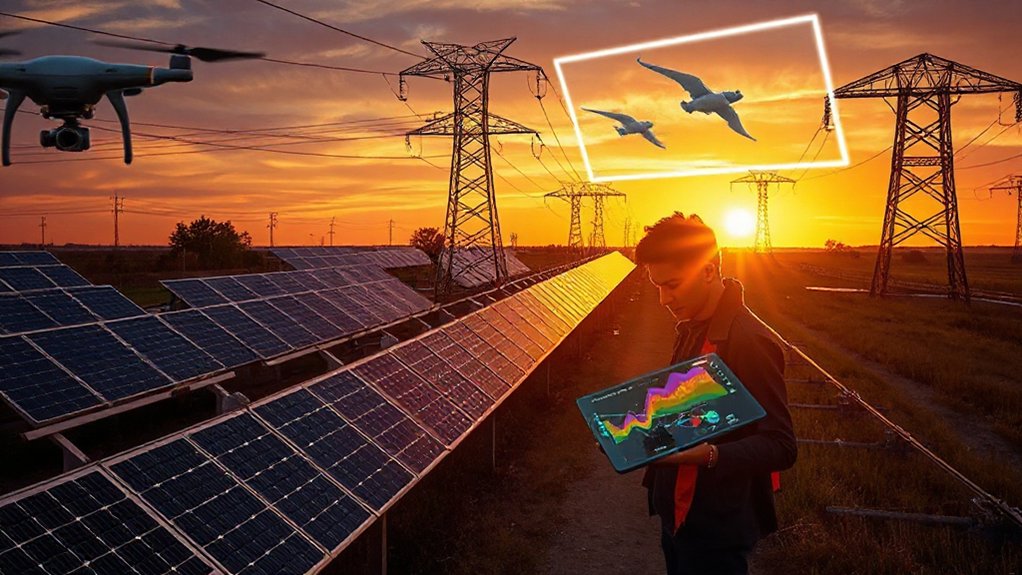Colorado’s clean energy ambitions are crashing down faster than solar panels in a hailstorm. Amprius Technologies just canceled plans for their $190 million battery factory in Brighton, becoming the third major project to bail on the state. The facility would’ve created 332 jobs in two years. Now? Nothing. Just empty promises and architectural drawings collecting dust.
The numbers are staggering. Colorado has watched $14 billion in clean energy projects and 10,000 potential jobs vanish in 2025 alone. April was particularly brutal, with $4.5 billion worth of investments going poof. It’s not just a Colorado problem. Nationally, the first quarter saw $8 billion and 16 major projects abandoned – triple what was canceled between 2022 and 2024 combined.
Amprius didn’t mince words about why they pulled the plug. The company cited “complex market dynamics” and competition from Chinese battery makers. Translation: They can’t compete globally while building in Colorado. The $50 million in federal grants and state incentives weren’t enough to make the math work.
Policy whiplash isn’t helping. Businesses trying to plan long-term investments are getting dizzy from shifting federal tariffs and Congressional waffling on subsidies. One day there’s money, the next day who knows? Not exactly the stable environment needed for billion-dollar commitments.
Meanwhile, Colorado’s ambitious “100% wind, solar, battery by 2040” plan looks increasingly like a fantasy. The state’s own Energy Office pegged the cost at $61 billion – and that’s without counting necessary transmission upgrades. Yikes.
The reliability equation doesn’t add up either. As more Coloradans plug in EVs and install heat pumps, the power demand skyrockets. The state’s planning to meet this by overbuilding renewable capacity, a strategy that’s both expensive and inefficient. This trend mirrors the national picture, where escalating market uncertainty regarding potential tax credit repeals has triggered numerous project cancellations. The fundamental energy realism acknowledges that renewable transitions face significant economic and physical constraints that can’t be wished away.
Public opinion might be shifting too. When voters realize their clean energy utopia comes with a massive price tag and questionable reliability, those green dreams might just turn as brown as the winter prairie. Another painful blow to the state’s renewable energy sector came when VSK Energy’s solar panel project was canceled, taking with it a promised $250 million investment and 900 potential jobs.
References
- https://coloradosun.com/2025/06/25/colorado-clean-energy-project-cancellations/
- https://e2.org/releases/march-clean-economy-works-update/
- https://e2.org/releases/april-2025-clean-economy-works/
- https://www.catf.us/2025/05/continuing-leadership-progress-in-reducing-emissions-during-colorados-2025-legislative-session/
- https://i2i.org/is-2025-the-year-that-colorado-goes-nuclear-hopefully/



